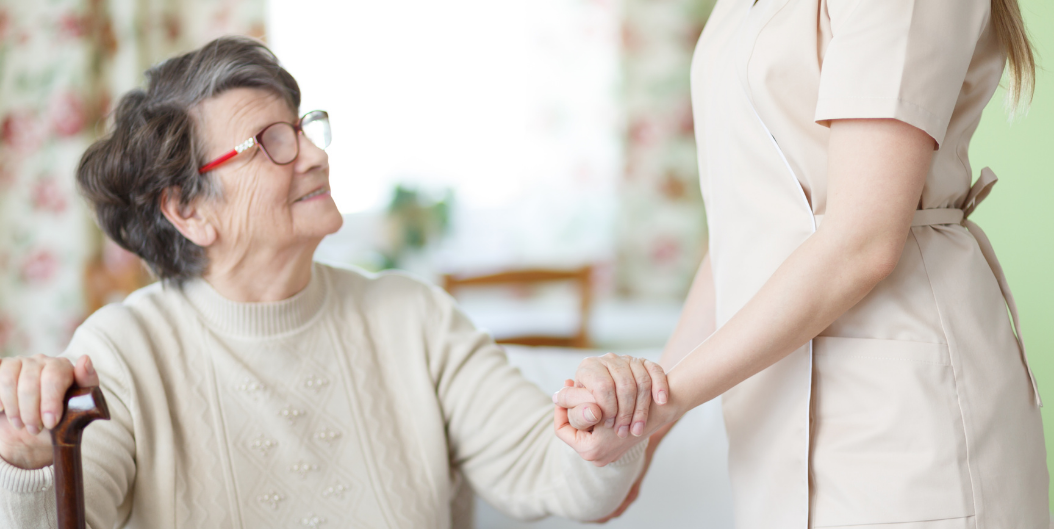Safety When Caring for Seniors
No doubt caring for seniors can be challenging. In fact, at times you may feel like you need eyes in the back of your head or the ability to see through walls. Whether you are caring for an elderly person with a physical or mental disability your main focus should always be on safety. Slips and falls are quite common, which means that you must take all preventative precautions available.
Keep in mind that quite often safety is not something the elderly person themselves takes into consideration. Individuals who suffer from strokes or people with dementia, as an example, do not have a concept of their own mortality. They do not have the ability to understand or foresee risk and danger, which means they need your help to stay safe.
Safety in the Home
In the home, make sure to create a safe environment for the elderly person. Carpets and area rugs should be removed whenever possible. If there are large rugs that cannot be moved examine all of the edges to ensure that there are no trip hazards. If you do find corners rolled up you should tape them down firmly to the floor. Visually of course this will not look very nice, but it is a fast solution if you are not able to remove the rug from the room.
Walk through the home and look for any other trip hazards. This might include foot stools, a table in an awkward place, mats and so forth. Trip hazards can cause serious injuries. It’s important to know that people who are elderly or have mobility issues are especially susceptible to injuries. Be mindful of the home’s layout and ensure that it is safe for your loved ones.
Comfortable Sitting Area
Make sure that there is a comfortable seating area. This should be both inside and outside of the home whenever possible. The chairs should be sturdy and strong. They should be able to handle having weight put on one side without falling over. A strong table that can be used for support when getting up from a chair is a must have.
If a person is physically disabled, then make sure that they have everything they need in their seated area. This includes a blanket for warmth and a mobile to get in touch with you. You should always have a straight line of communication with the elderly person.
Safety Outside the Home
Spending time outside is not only good for one’s mental health it is essential for overall wellbeing. Anticipating danger and taking precautions is just as important outside as it is inside. When going for walks match your rhythm to the elderly person as opposed to having them speed up to match yours.
Concluding Thoughts
Regardless of whether you are looking after an elderly person at home or on an outing, always be aware of your surroundings and make sure that safety is your top priority. The environment needs to be carefully scanned and adjusted to avoid trip hazards. Ensure that there is always a line of communication between you and the elderly person.
Being a caregiver can be stressful. It’s especially important to make sure that the person you care for is safe at all times. By being attentive and paying close attention to the elderly person you’re caring for, you can prevent accidents and other safety issues from occurring.
This content is for informational purposes only. It is not intended to be a substitute for professional medical advice, diagnosis, or treatment. Always seek the advice of your physician or other qualified health provider with any questions you may have regarding a medical condition.

